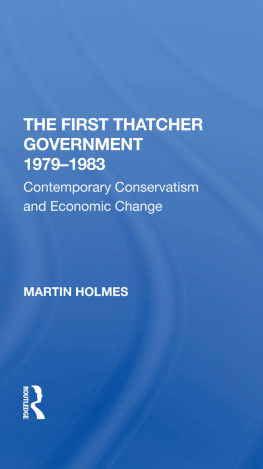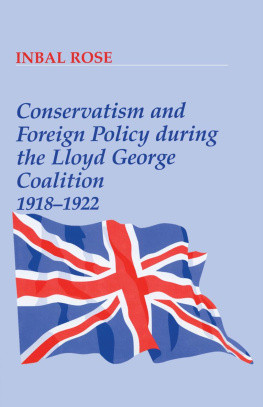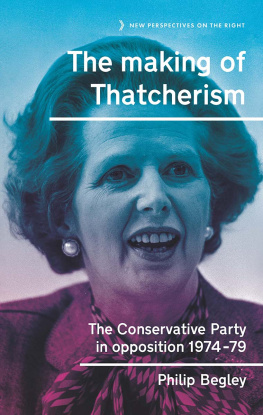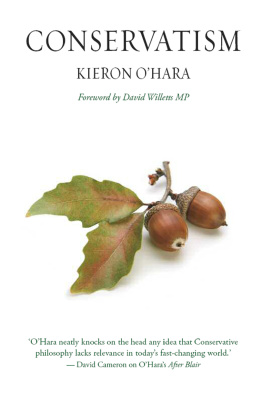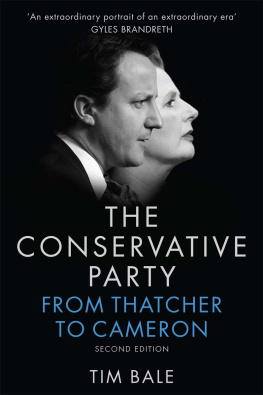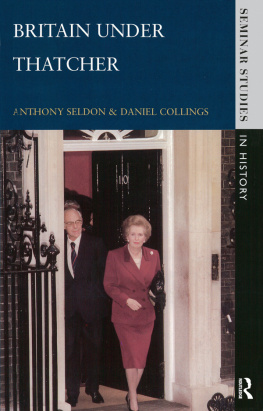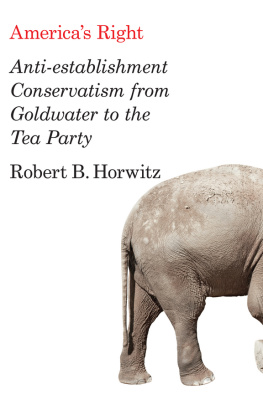THE FIRST THATCHER GOVERNMENT 1979-1983
The First Thatcher Government 1979-1983
Contemporary Conservatism and Economic Change
Martin Holmes
Lecturer in Politics Lady Margaret Hall, Oxford
First published 1985 by Westview Press, Inc.
Published 2019 by Routledge
52 Vanderbilt Avenue, New York, NY 10017
2 Park Square, Milton Park, Abingdon, Oxon OX14 4RN
Routledge is an imprint of the Taylor & Francis Group, an informa business
Martin Holmes, 1985
All rights reserved. No part of this book may be reprinted or reproduced or utilised in any form or by any electronic, mechanical, or other means, now known or hereafter invented, including photocopying and recording, or in any information storage or retrieval system, without permission in writing from the publishers.
Notice:
Product or corporate names may be trademarks or registered trademarks, and are used only for identification and explanation without intent to infringe.
LCN 85-50406
ISBN 13: 978-0-367-29216-4 (hbk)
Many people have greatly assisted me in the writing of this book, not least the many Cabinet ministers, junior ministers, civil servants, CBI representatives, MPs and Conservative party officials who gave their time to be interviewed.
Three people however deserve a special mention. First, my thanks are due to Julie Luzny, my research assistant, whose help was invaluable in the early stages of research. Her good nature and sense of humour when faced with near impossible demands in limited time was invaluable. Second, I am much indebted to Gillian Peele who read the manuscript with care and made numerous helpful suggestions and recommendations. Third, much gratitude is due to Jackie Brentnall for her skilled typing and secretarial assistance.
I would also like to thank the Principal and Fellows of Lady Margaret Hall, Oxford for providing a College atmosphere conducive to scholarship and appreciative of research.
Needless to say, any errors in the following pages are my responsibility alone.
Martin Holmes
Lady Margaret Hall, Oxford
November 1984
This book has two aims: first, to analyse the change in economic policy formation between 1979 and 1983 and the way in which policy sources were translated into reality, and second, to analyse how the first Thatcher government has changed the nature of contemporary Conservatism. These two themes overlap so consistently that they are dealt with simultaneously. Economic policy and political ideology have always been closely linked in modern British politics and the Thatcher government proved no exception. In the following chapters, therefore, the stress is laid on how Mrs Thatcher's political aspirations affected the economic policy machine and how, in turn, the effects of these policies affected the presentation of Conservatism both within the party itself and, ultimately, to the electorate.
Thus, treat evidence with great respect and does a disservice by dodging the controversies of politics for the sake of a quiet life. Political scientists cannot condemn politicians for evading difficult decisions if the political scientists themselves shirk from conclusions soundly based on original research. This study does not claim that there are no lessons to be learned from the evidence of policy priorities between 1979 and 1983. Those who believe that scholarship should be little more than a recording of facts will be disappointed by this account. But those who believe that objectivity and neutrality are not synonymous and who value controversy and debate, should at least find food for thought in the following pages. Arguably, objective evidence and conclusions make for better scholarship| and public debate than any contrived neutralism or policy ambivalence.
One feature of this account is that although the problems the government faced were familiarinflation, unemployment, trade union law, and so onthe policies adopted to remedy them were unconventional and, in some cases, untried. Policy experimentation in turn led to the Conservative party experimenting with ideas and images it had previously discarded as 'politically impossible'. The economic policies of R.A. Butler and Reggie Maudling were transformed into the policy prescriptions of Sir Geoffrey Howe and Norman Tebbit. No such fundamental change could leave the Conservative party unscathed. Indeed, the change in policy reinforced, and was consequently reinforced by, a new generation of Conservatives. At the apex of this process is Margaret Thatcher. Her style of Conservatism, as much as her style of premiership, is central to the account and analysis that follow. In the concluding thoughts on this process are drawn together.
Readers familiar with my previous works, Political Pressure and Economic Policy: British Government 1970-74, and The, Labour Government 1974-79: Political Aims and Economic Reality will recognise the recurrent themes of trade union power, the role of the Treasury, the lobbying of the CBI, the extent of prime ministerial, as opposed to Cabinet, government, and the gap between economic policy intentions and actual performance. But this book also intends to go deeperand is, indeed, forced to go deeperinto the ideological recesses of the party in power. The Heath government and the Wilson/Callaghan government were in many ways typical of their era; the Thatcher government in attempting to change so much was not. The great revolution in post-war British political life in the end has not come from the left. The Bennite solutions are still light-years away from the mainstream of British policy formation. It is from the right, Mrs Thatcher's radical right, that the revolution in thinking has come. This revolution has affected two areas of national life in particular: the Conservative party and the economic policy machine. The origin and development of this revolution, and its consequent effects within these two areas, are the subject of this work.
Part I
The Thatcher Government and the Conservative Context
In one material respect the contrast between now and the pre-war years is markedly unfavourable. The last budgets which showed no inflationary trend were those of the late 50s, when Mr Selwyn Lloyd and Mr Heathcoat-Amory were Chancellors of the Exchequer. Ever since then, although some years have been better than others, we have signally failed to stabilize the value of money. The result has been that it has become more and more difficult for the individual or for a business to plan ahead with any confidence and the national purpose and performance has faltered.
Lord Home of the Hersel 1978
Few governments that come to power espousing radical political change find they are able to cast off entirely their past policies and image. The Conservative government that began its term on 4 May 1979 was no exception. However, led by Margaret Thatcher, it was determined not to repeat the mistakes of previous Conservative governmentsnotably those of the 1970-74 Heath governmentand was equally resolute in the presentation of its Conservatism as a radical departure from the pre-Thatcher age. The 5.2 per cent national swing which projected Mrs Thatcher into Downing Street with an overall parliamentary majority of forty-three heralded large changes in policy direction, not only away from the outgoing Callaghan administration but also from the post-war consensusthe Butskellite, Conservative middle way so favoured by Mrs Thatcher's immediate party leader predecessors.

